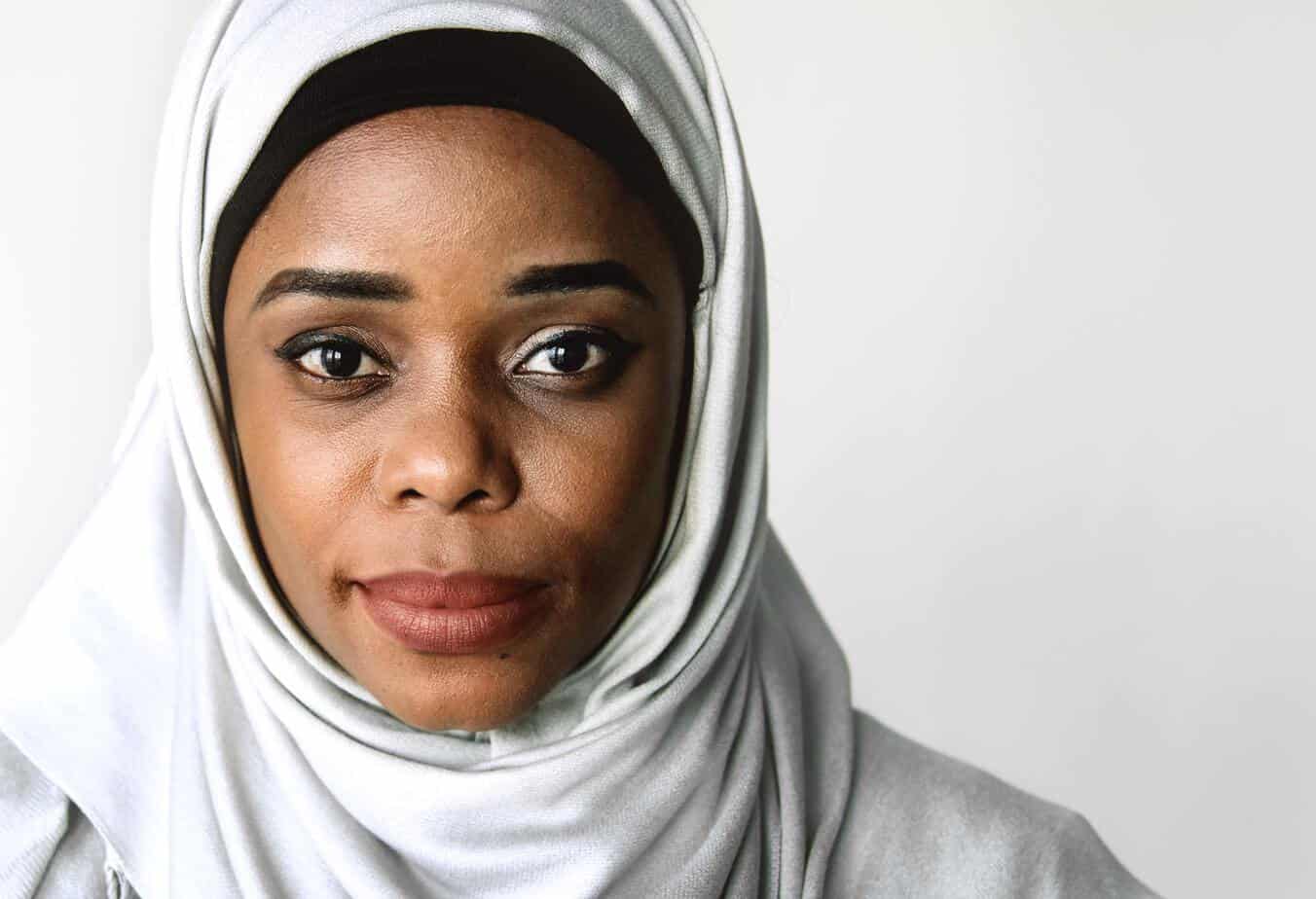Having courage does not mean that we are unafraid. For us to have and to show courage, we must face our fears, despite the outcome. We can say, “I have fallen but I will get up” (Maya Angelou).
In 2008, the month of July was designated Minority Mental Health Awareness Month. Mental illness does not discriminate against anyone, regardless of a person’s background or identity. However, background and identity can make access to mental health treatment more difficult. Often, we do not talk about mental illness within our communities because many of us do want to be judged or shamed for our mental health issues. In many communities, mental health struggles can go untreated due to lack of access to care, cultural stigma and lower quality of care.
Personally, for me, being Middle Eastern and from Chaldean decent while struggling with mental illness was terrifying. I feared that people would find out and start judging me based on my mental illness. I was afraid that people would discriminate against me because I struggle with depression, anxiety and Post-Traumatic Stress Disorder (PTSD). Once I had the courage to ask for help and get the support I needed, my perception changed. I became more aware that mental illness is just another health issue that affects your body and mind, and it can affect anyone from any community.
When people start having heart complications and need to see a doctor, that individual does not typically feel ashamed to go and see a Cardiologist or go to the hospital to be treated. It is, or should be, the same case when it comes to mental health services. The brain, like the heart, is also an organ, and when complications arise, it needs to be treated. How come people can see a Cardiologist without feeling ashamed, but not a Therapist nor Psychiatrist? Validating people’s feelings and acknowledging that asking for support takes courage will aid in decreasing stigma around brain health issues. As Michelle Obama stated, “At the root of this dilemma is the way we view mental health in this country. Whether an illness affects your heart, your leg or your brain, it’s still an illness, and there should be no distinction.”
Normalizing mental illness as any other physical illness will help end the stigma for mental health. We always talk about minority groups stigmatizing mental health, but, in reality, everyone in society struggles with brain health issues and accepting these illnesses as a form of illness. “What mental health needs is more sunlight, more candor, more unashamed conversation about illnesses that affect not only individuals, but their families as well,” (Glenn Close).
Opening up about one’s mental illness and sharing personal stories helps individuals with their healing process. We can acknowledge their struggle by simply listening to what they have to say. Being present and validating someone’s feelings is a great way of showing support.
As time goes by and I continue to share my story, I feel empowered to accept my mental illness, which then helps me cope with my mental illness in a healthy way. To help others work through their mental illness, encourage them to share their stories by being an active listener and validating their feelings. Take the time to show them you care and that you’re there to support them. “When you stand and share your story in an empowering way, your story will heal you and your story will heal somebody else,” Iyanla Vanzant.
In the end, taking on the challenges of normalizing mental health conditions and erasing stigma around mental illness requires all of us.
Author: Fadowa Harrel, Resource and Crisis Helpline Specialist for Common Ground






